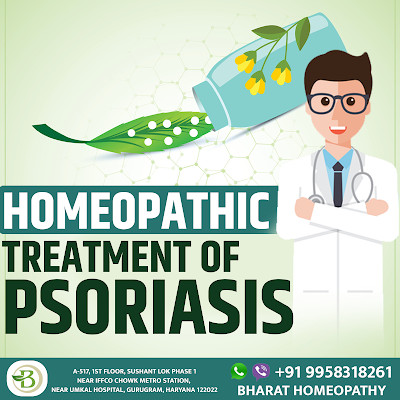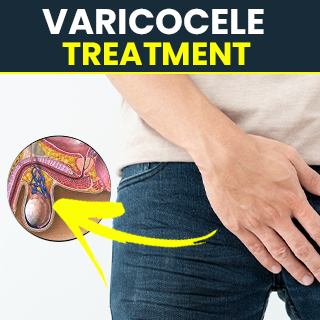Psoriasis is a chronic autoimmune condition that primarily affects the skin. It causes skin cells to multiply at an accelerated rate, leading to the formation of thick, red patches of skin covered with silvery scales. These patches, known as plaques, can be itchy, and painful, and may crack or bleed. It can occur on any part, but it most commonly affects the elbows, knees, scalp, and lower back. In addition to skin symptoms, some people with psoriasis may also experience joint pain and inflammation, these are psoriatic arthritis symptoms.
What causes psoriasis and its various symptoms?
Here are some potential psoriasis causes and factors that contribute to the development of psoriasis:
1. Genetic factors: It tends to run in families, suggesting a genetic component. Certain gene mutations have been identified as being associated with psoriasis.
2. Immune system dysfunction: Psoriasis is considered an autoimmune disorder, which means the immune cells called T-cells become overactive and trigger inflammation, causing the skin cells to grow too quickly.
3. Environmental triggers: Various environmental factors can trigger or worsen psoriasis symptoms in susceptible individuals. These triggers may include stress, infections(such as stereo throat or skin infections), certain medications(such as beta-blockers, lithium, or antimalarial drugs), injury to the skin(such as cuts, burns, or bug bites), smoking, and excessive alcohol consumption.
4. Psoriasis Flare Factors: People with psoriasis often experience flare-ups or worsening of their symptoms. Common triggers for flare-ups include cold weather, dry skin, skin injuries, hormonal changes, obesity, certain medications (such as nonsteroidal anti-inflammatory drugs), and emotional stress.
Symptoms of psoriasis:
Psoriasis symptoms are characterized in a wide variety that primarily affects the skin.
The most common symptoms of psoriasis include:
1. Red patches of skin: Raised, inflamed, and reddened patches of skin are typical in psoriasis. These patches, also known as plaques, are often covered with silver or white scales. They can appear anywhere on the body but are commonly found on the elbows, knees, scalp, lower back, and palms.
2. Scaling: The affected skin may develop thick, silvery scales or plaques. These scales can be itchy, and dry, and may sometimes crack or bleed.
3. Dryness and cracking: Psoriasis can cause dryness and tightness of the skin, leading to cracking or fissures. This can be particularly uncomfortable and painful, especially in areas like the palms, soles of the feet, or joints.
4. Itching and discomfort: Psoriasis plaques can be itchy and cause discomfort. Scratching the affected areas can lead to further irritation and potentially worsen the condition.
5. Nail changes: Psoriasis can affect the nails, causing pitting(small dents or depressions), discoloration, thickening, crumbling, or detachment of the nail from the nail bed.
6. Joint pain and swelling: In some cases, psoriasis can cause inflammation in the joint pain, leading to a condition called psoriatic arthritis. This can result in joint pain, stiffness, and swelling.
7. Scalp involvement: Psoriasis commonly affects the scalp, causing redness, scaling, and flaking. It may resemble dandruff, but the scales are typically thicker and more pronounced.
How psoriasis can be treated?
There are various psoriasis cures that can help you manage the symptoms and provide relief. Here are some psoriasis treatments that may help you to treat this disease at home:
1. Apply moisturizer as it alleviates dryness and reduces itching.
2. Take warm baths as a result of this skin hydrating and removing scales.
3. Apply natural oils as they have moisturizing and anti-inflammatory properties which benefit psoriasis. These include tea tree oil, coconut oil, olive oil, and fish oil.
4. Limited sun exposure can help improve psoriasis symptoms for some people. However, it's important to protect the skin by applying sunscreen.
5. Stress management as it is beneficial in psoriasis.
6. Modifies diet as it helps in the healing process.




No comments:
Post a Comment